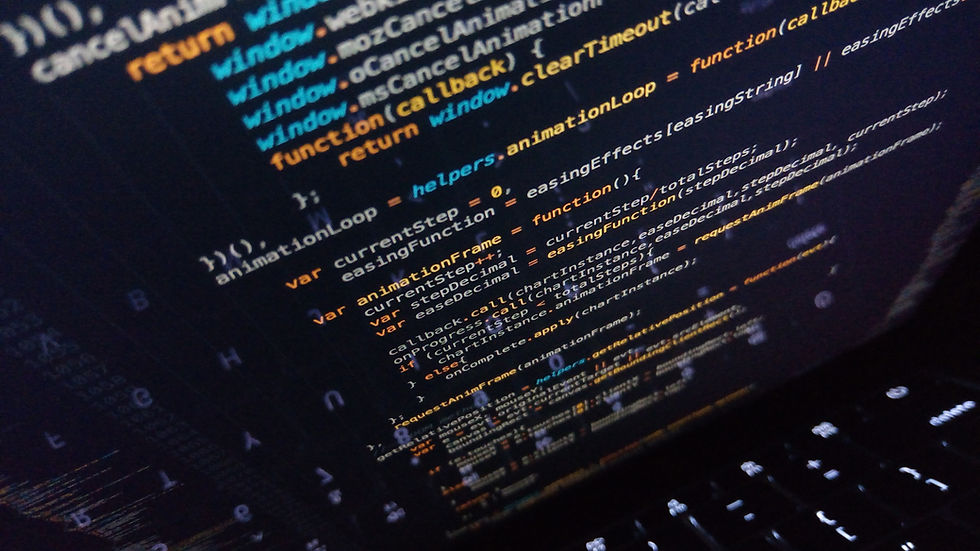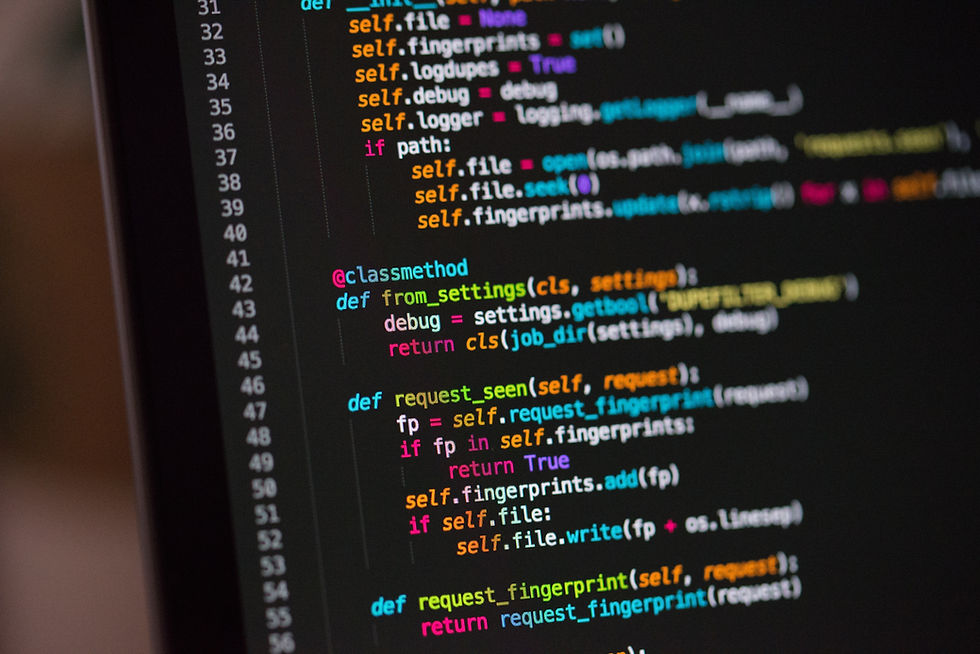Staying Relevant in the Age of AI Tools: A Software Engineer’s Guide to the Future. Part 2.
- Pradeep Kotari
- May 21, 2025
- 2 min read

Introduction: Being Able to Code is Not Enough Anymore
It’s no longer enough to “just know how to code.” AI tools can write syntactically correct, even optimized code, often faster than humans. But writing code is only one part of the value engineers bring. So, what will set you apart in 2025 and beyond?
This post goes deeper—into the mindset, technical depth, and human intelligence areas that no AI can replace.
1. Become a Systems Thinker, Not a Syntax Coder
AI is great at filling in function templates. But can it architect a distributed, fault-tolerant backend with trade-off awareness?
Learn systems design.
Study real-world architecture case studies (Netflix, Uber, LinkedIn).
Ask: What happens under the hood when my code runs?
📘 Recommended: The System Design Primer on GitHub
2. Go Deep in Your Core Language (Like Java)
Upskilling in Java is still one of the most effective ways to future-proof your career:
Dive into concurrency, memory models, garbage collection.
Master frameworks like Spring Boot, not just at CRUD level.
Understand how Java interacts with the JVM, JIT, GC, and more.
✅ Bonus: Learn how to write AI-assisted Java tests using tools like Diffblue Cover.
3. Build Intuition for Debugging and Problem Solving
AI can suggest fixes. But debugging a production incident at 3 a.m.? That requires intuition, not autocomplete.
Develop strong mental models of how systems behave.
Practice tracing stack traces, analyzing logs, and reading hex dumps.
Build this skill through real incidents and open-source contributions.
4. Communicate, Collaborate, Lead
The best engineers today:
Run incident postmortems.
Present architecture to cross-functional teams.
Mentor juniors and manage projects.
These soft skills, ironically, are your hardest moat against AI. A future CTO isn’t the best coder—they're the best communicator, thinker, and decision-maker.
5. Build Tools, Not Just Use Them
Start seeing AI tools as your building blocks, not just helpers.
Can you write a VS Code extension?
Train a small ML model to refactor legacy code?
Automate your own PR review bot?
These are high-leverage skills that compound your value 10x.
6. Become Domain-Specific
Generic coders are easy to replace.
But an engineer who understands finance, healthcare, or climate science?
Take a MOOC in your interest area.
Build tools specific to your domain.
Read domain-specific APIs and whitepapers.
You now bring context—something AI lacks entirely.
7. Stay Curious, Stay Updated
Subscribe to developer blogs.
Experiment with the latest LLM APIs (Gemini, Claude, GPT-4o).
Join open-source communities that experiment with AI.
🎯 Learning never stops. What you build with AI matters more than what AI builds for you.
📌 Conclusion: Don't Fear AI—Build Your Moat Around It
Code is just the beginning. If you:
Understand systems deeply,
Communicate clearly,
Think critically, and
Leverage AI instead of fearing it…
Then you’ll not only stay afloat, you’ll lead the wave.
✅ CTA: What's Your AI Strategy?
Are you still focused on syntax or already thinking like a systems architect?If you want to stay relevant and irreplaceable, begin here:
📚 Start with our Java Deep Dive Course
💡 Explore building with AI tools, not just using them
🔗 Follow us for weekly strategies to thrive as an engineer in the AI age

Comments